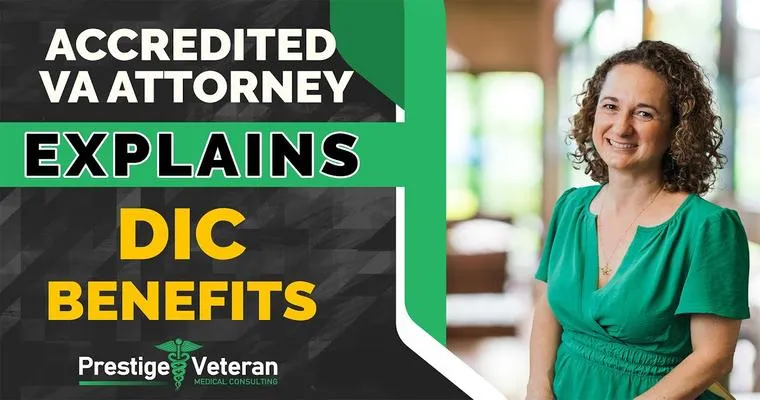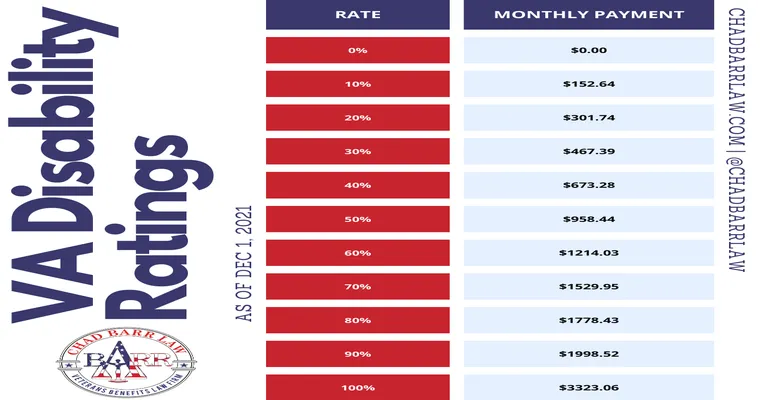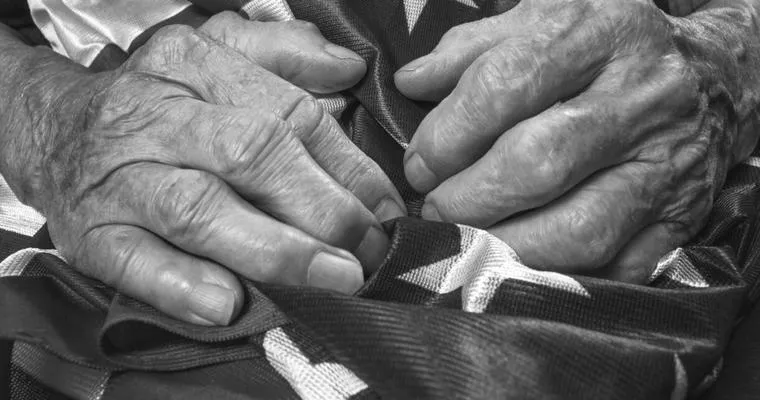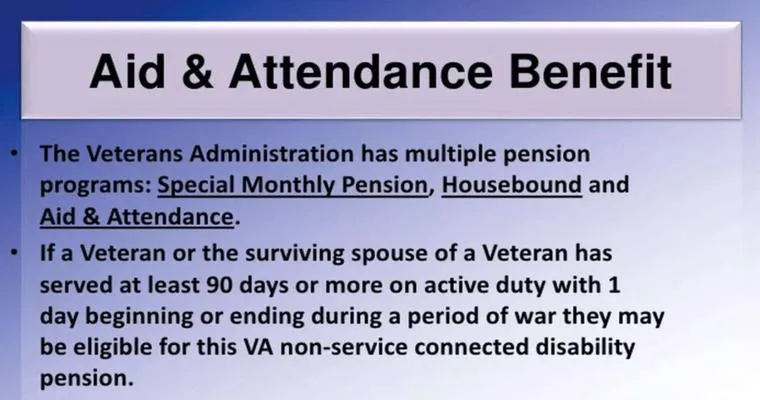For families navigating the complexities of "home care" for a spouse who served during the "Vietnam era", understanding available "aid options" is crucial. While many may be familiar with "Dependency and Indemnity Compensation (DIC)", there are additional resources and programs designed to offer financial assistance and support for caregivers. This article aims to provide insight into the various forms of aid available, ensuring that families can access the necessary help for their loved ones.
Understanding Home Care Aid Options
When seeking "aid for home care", it is essential to explore multiple avenues. "Veterans Affairs (VA)" provides several programs that assist spouses of Vietnam veterans, focusing on both financial support and in-home care services.
VA Aid and Attendance Benefit
One of the most significant benefits available is the "Aid and Attendance" benefit. This program is designed for veterans and their spouses who require assistance with daily living activities. To qualify, the individual must meet specific criteria regarding age, service time, and level of care needed. This benefit can help cover the costs associated with hiring a caregiver or obtaining home care services, making it a valuable resource for families.
Home and Community-Based Services
The VA also offers "Home and Community-Based Services (HCBS)" which include various programs aimed at helping veterans remain in their homes. These services can range from skilled nursing and physical therapy to personal care assistance. Spouses of Vietnam veterans may be eligible for these services, providing another layer of support in managing home care needs.
Other Financial Assistance Programs
In addition to VA programs, there are other "financial assistance options" that families can explore. Local and state veterans' organizations may offer grants or financial aid to help cover home care costs. Nonprofit organizations dedicated to veteran welfare also frequently provide resources and support for caregivers.
Navigating the Application Process
Applying for aid can be complex, but understanding the process can make it more manageable. It is recommended to gather all necessary documentation, including service records, medical assessments, and financial information, before starting the application. Consulting with a "Veterans Service Officer (VSO)" can provide guidance and assist in navigating the various benefits available to spouses of Vietnam veterans.
Conclusion
Finding "aid for home care" for a spouse who served during the "Vietnam era" is vital for ensuring their well-being and comfort. While DIC is a well-known benefit, there are numerous other options such as the "Aid and Attendance benefit" and "Home and Community-Based Services" that can significantly alleviate the financial burden of home care. By exploring these resources and seeking assistance from qualified professionals, families can ensure that their loved ones receive the care they deserve.





